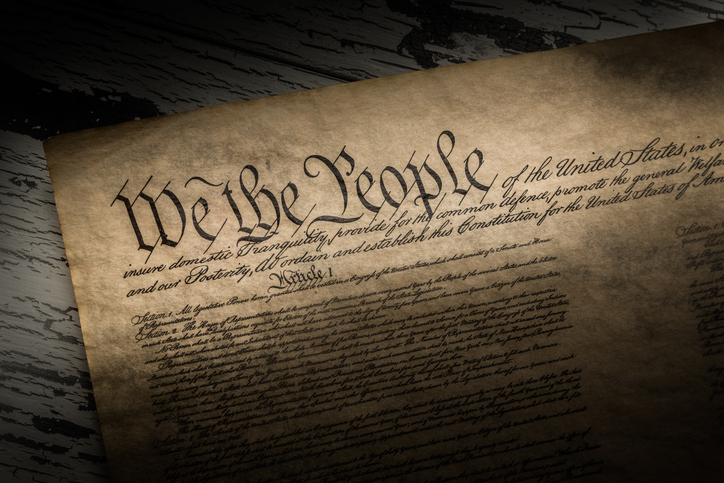August 19, 2019
The Reality and Record of Textualism
Distinguished Professor Emeritus, WMU-Cooley Law School

In the April ABA Journal, Bryan Garner devoted his monthly “On Words” column to textualism. I read it with interest because I too have written on the subject. Here’s the salient line from the column: “So the ideal textualist is content-neutral, at least in theory.”
Mark that: in theory. Actual practice is far different. In high-profile cases, cases that broadly shape the law, cases with political and ideological significance, self-proclaimed textualists reach conservative results with uncanny regularity. All judges start with text and make textual arguments, of course, but the arguments almost always lead textualists in the same direction.
The empirical evidence is striking. To see for yourself, go to this Scribes Journal article at 28–37 and this entire Wayne Law Review article. In the first one, I summarized 6 empirical studies—4 involving Justice Scalia’s opinions—and cited 11 other scholarly articles. They show unmistakably that the opinions of textualism’s preeminent advocate had a strong ideological bent. In the second article, I reviewed and coded 96 (!) overrulings by the Michigan Supreme Court between 2000 and 2015. The justices in the majority during almost all those years were also exponents of textualism. And 96.3% of their overrulings were ideologically conservative.
Textualism, in my view, has become the brand name for politically driven judging, and the notion that it is practiced in a neutral, objective way must be punctured.
You can recognize the textualist brand in a number of ways:
- by strenuous parsing in an effort to resolve ambiguity, followed by the assertion that it doesn’t exist;
- by overreliance on highly malleable and often-conflicting canons of construction;
- by a boundless confidence that the “plain language” of a statute compels such and such a result;
- by a general aversion to legislative history and a reluctance to consider values and sensible policy, even in close cases; and,
- above all, by a propensity to reach for dictionaries—those great grab bags—and pluck out convenient definitions. (Never mind that scholars have heaped criticism on the dictionary habit.)
Textualists exaggerate the number of appellate cases in which “close reading” or “fair reading” of the text, by itself, yields a singular, self-evident, or “plain” meaning. And too many textualists have convinced themselves that they are merely doing what the words say, applying the canons, looking at the linguistic cues and clues, and following the law—instead of consciously or unconsciously backing into the textual analysis that supports the outcome they prefer.
In fact, textualism is just as squishy, just as pliable, as any other theory of interpretation. Textualists will deny it, of course, even as they go on their ideological way. Just watch. And count me happy if I’m proved wrong.
Author’s note: This commentary is a somewhat longer version of a letter that I submitted to the ABA Journal in April. The letter was printed (with a few changes) in the July–August issue.




